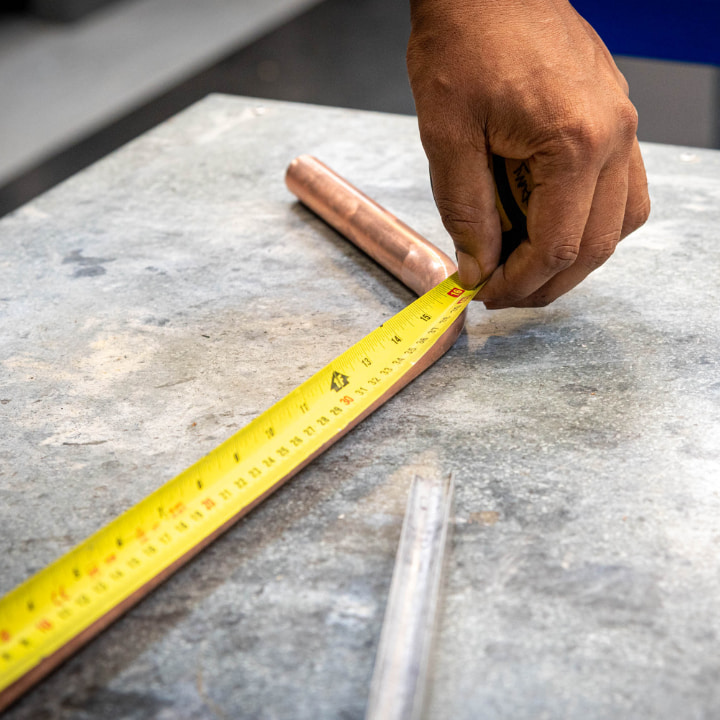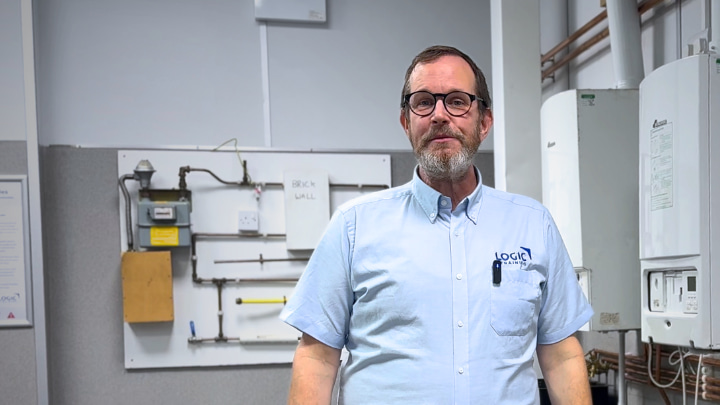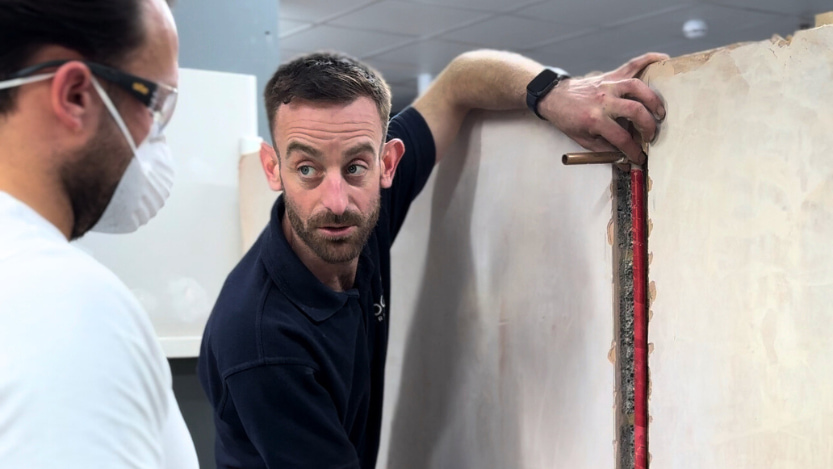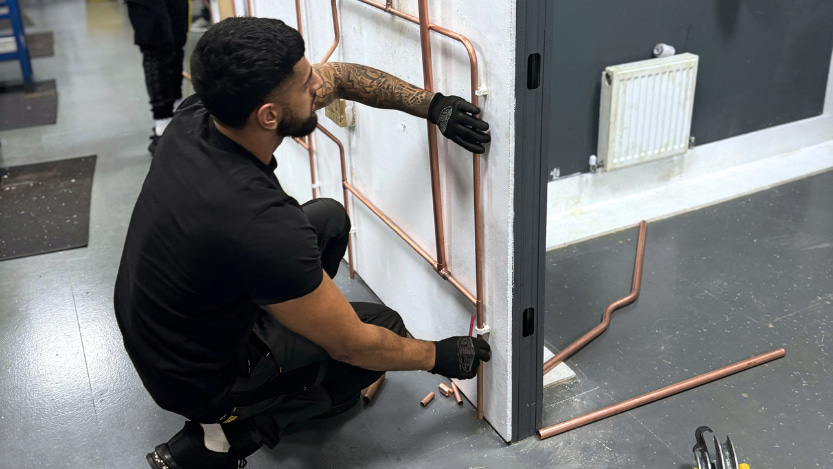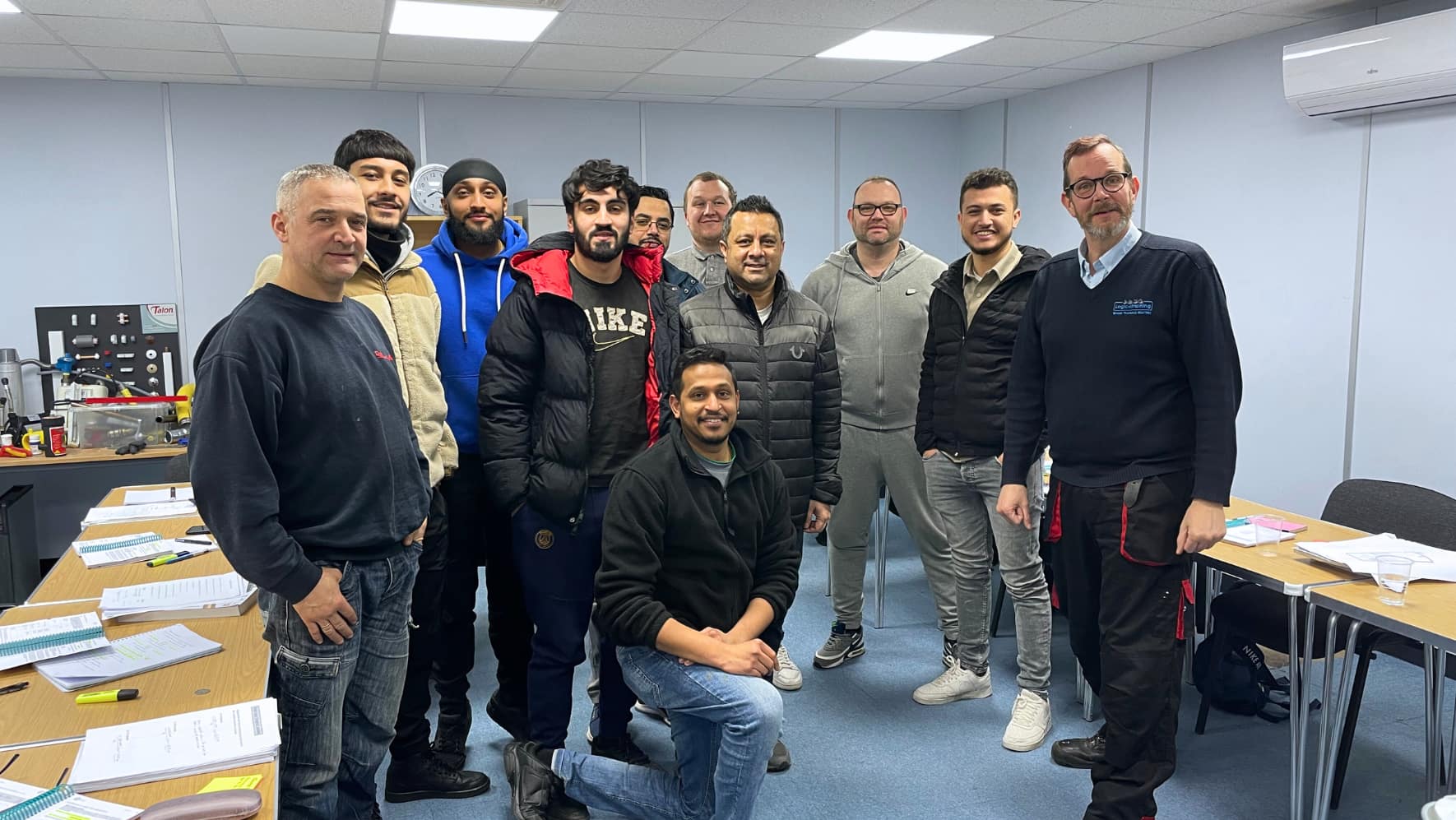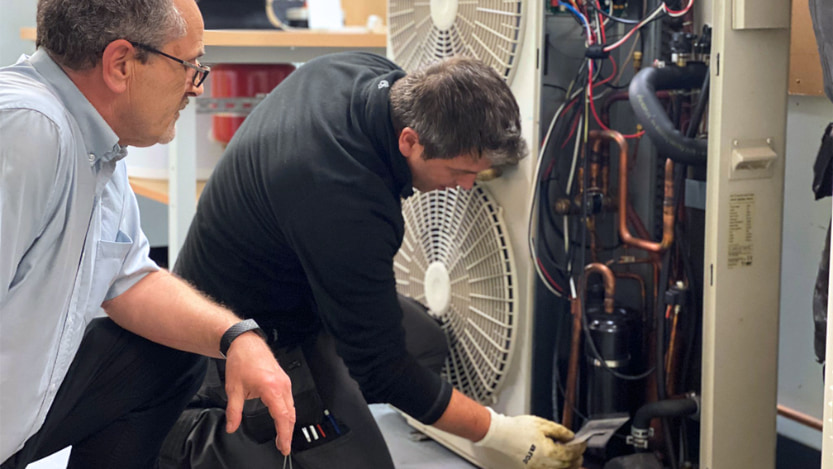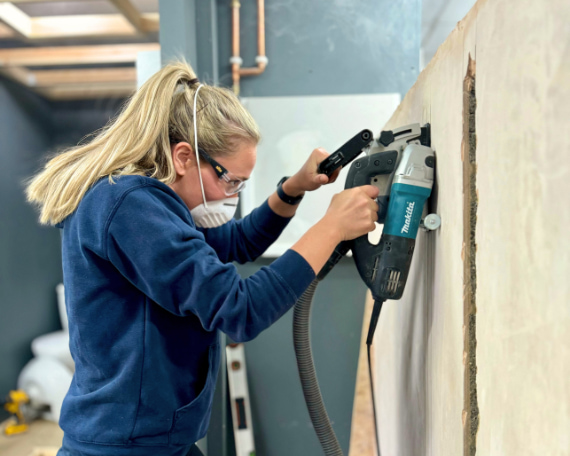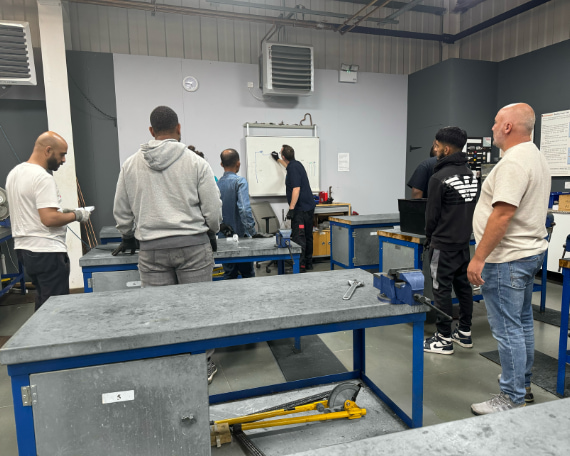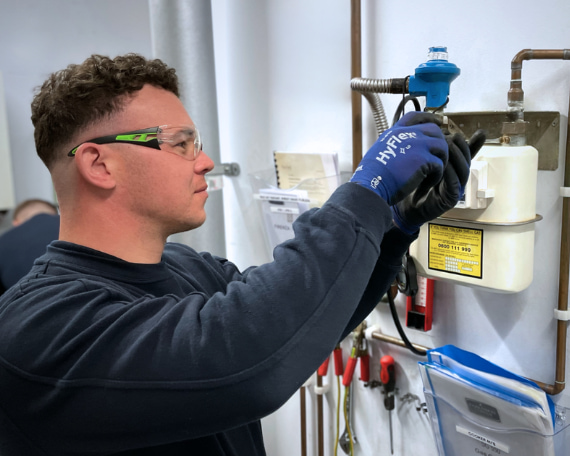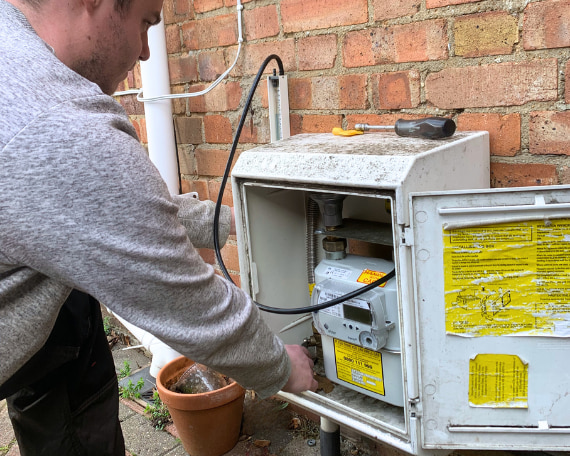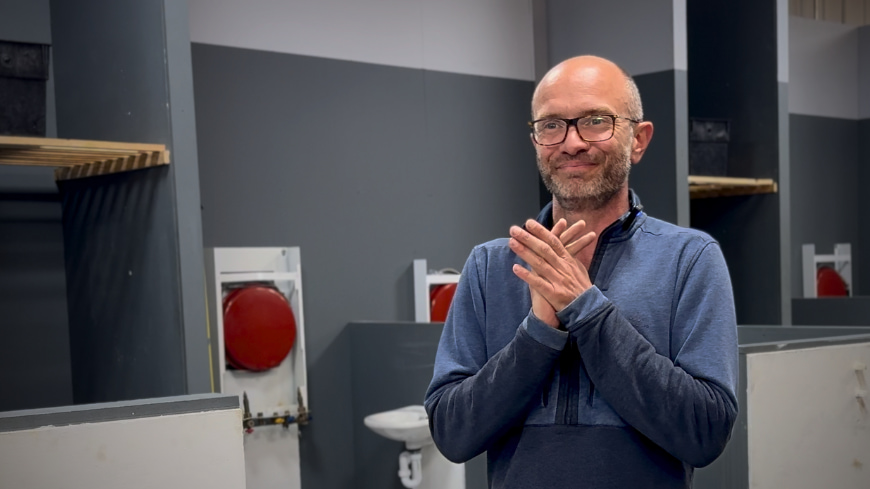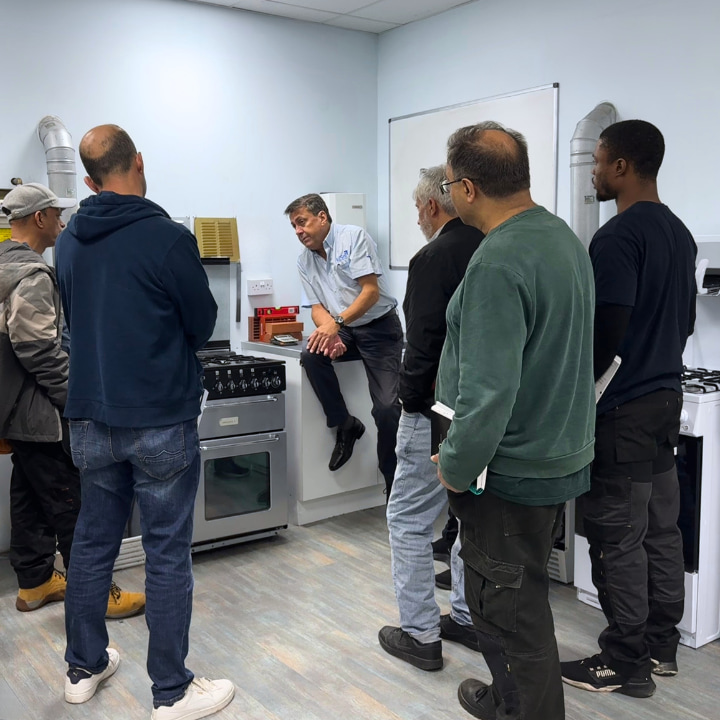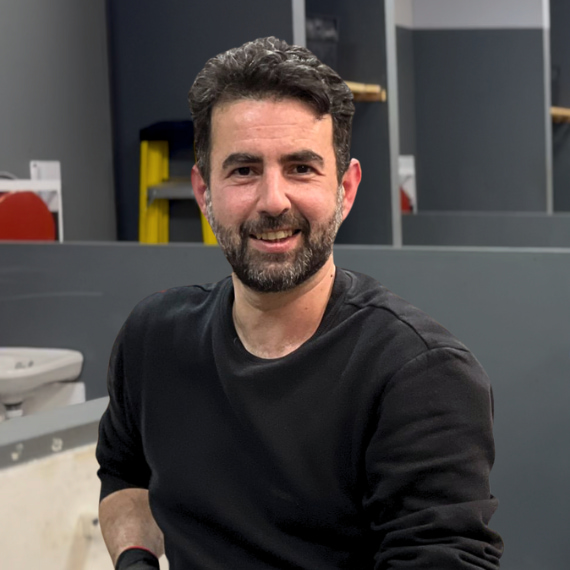With over 22 years of training in the building services sector, you can trust Logic4training to meet your training needs. Our small class sizes and expert trainers, bringing their vast knowledge and technical skills to the workshops, provide the optimal training environment.
The Domestic Gas Heating Installer New Entrants Route is a set of hands-on courses that provides you with all the practical skills and underpinning knowledge needed to work as a domestic Gas Safe Registered engineer. Our New Entrants packages have been designed for clear routes into the gas industry, with options to upskill to work on more domestic appliances, commercial gas, LPG, and/or heat pumps.
If you are a tradesperson working in a related trade, such as a plumber or kitchen fitter, who is looking to complete your ACS and gain your CCN1 and CENWAT, our Gas Managed Learning Programme is best suited for you.
